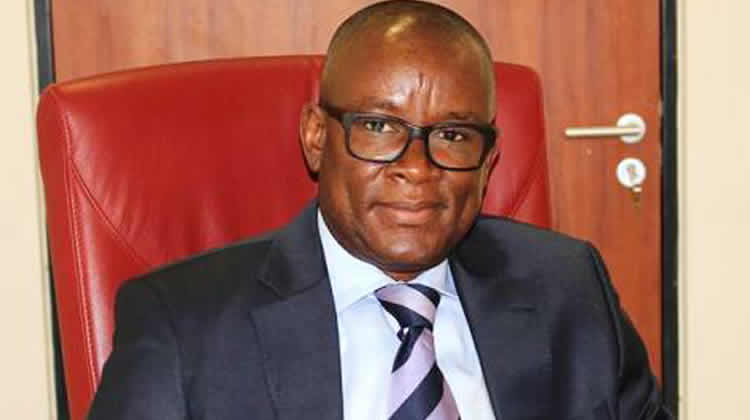
The Federal Government has reaffirmed its commitment to revitalizing Nigeria’s struggling textile industry, pledging to implement policies that create a fair business environment for local manufacturers.
The Minister of State for Industry, Senator John Enoh, made this assurance on Wednesday during a visit to Sunflag Nigeria Limited, a leading textile manufacturing company in Lagos. The visit was part of a three-day industrial tour aimed at assessing the challenges facing the sector.
Reviving a Once-Thriving Industry
Enoh acknowledged the industry’s sharp decline, recalling its past significance in employment generation.
“Several years ago, the textile industry competed almost fairly with the government in terms of the employment of our Nigerian people,” he noted. “The government of President Bola Tinubu has an eight-point agenda, and almost every aspect of it is concerned with job creation. Agenda Seven is about diversifying our economy through industry and manufacturing.”
Tackling Smuggling and Unfair Competition
The minister condemned the influx of second-hand clothing and unchecked textile imports, citing them as key factors crippling the sector.
“Three hundred containers come into this country daily, unaccounted for. They pay no duties, whereas you do, and that’s the level playing field you’re talking about,” he stated.
He assured stakeholders that the government is determined to implement changes that will revive the industry. “I have noted the few pointers you mentioned and assure you that we are determined to make a positive change and see how we can get the textile industry to once again flourish,” he said.
Cotton, Textiles, and Garments Meeting in Two Weeks
As part of efforts to address the sector’s decline, Enoh announced that the Ministry of Industry would convene a Cotton, Textiles, and Garments (CTG) session within two weeks. This meeting will engage stakeholders in discussions on practical solutions.
“We need to see what needs to be done to get this sector right,” he added.
The minister emphasized that the Tinubu administration is committed to revitalizing the textile sector, stating, “If there is a government that will change this situation, it is the government of President Tinubu. We are determined to make a positive change and see this industry flourish again.”
Sunflag MD Highlights Industry Decline
Meanwhile, the Managing Director of Sunflag Nigeria Limited, Alok Bhardwaj, lamented the drastic reduction in the textile workforce. He revealed that employment in the industry had fallen from 250,000 in the 1980s to just 10,000 today.
“Sunflag Nigeria has been here since 1961. We have been engaged only in the textile manufacturing industry,” Bhardwaj noted. “When we say that we manufacture, we do not trade but only produce, and we utilize everything that Nigeria has to offer—Nigerian people, land, and cotton.”
He further highlighted the impact of smuggling and second-hand clothing imports, stating, “About 1.5 million Nigerian tailors are affected by the influx of used clothing. If even 10 per cent of these imports are reduced, it would have a dramatic effect on employment.”
Call for Government Support
Bhardwaj urged the government to implement protectionist policies, drawing comparisons with the U.S. government’s approach. “Just like President Trump protected American workers and industries, why can’t we do the same? Nigeria imports $6bn worth of textiles annually, employing 750,000 Chinese and Indian workers, while only 10,000 Nigerians work in the sector,” he asserted.
Additionally, he emphasized the need for affordable energy to sustain local textile production. “We generate 40 megawatts of electricity for ourselves, but previous agreements on gas pricing have not been fully implemented. We need government support to remain competitive,” he added.
Conclusion
As the government gears up for discussions on the Cotton, Textiles, and Garments sector, stakeholders are hopeful for decisive action that will revive the once-thriving textile industry, protect local manufacturers, and generate employment opportunities for Nigerians.
